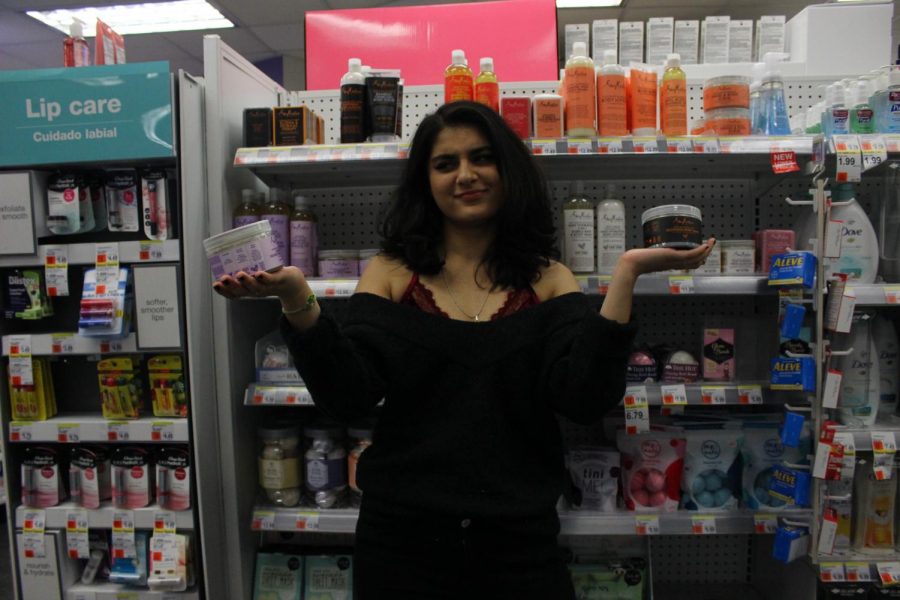Self-Care Is a Scam
March 7, 2019
These days, “self-care” reads as a rare trend that has lasted longer than a few weeks. It’s everywhere — grocery stores, commercials, bestselling books and TV shows all capitalize on the craze for self-indulgence.
It could be worse, right? What’s wrong with encouraging a little rest and relaxation in these stressful times?
There’s a lot wrong, starting with those who now perpetuate the hype. Though it may have its roots in the friendly advice of conceited Twitter gurus, the current champions of the trend are brands and their influencers. Like any other advertisement, the pitch for self-care products is that they will solve your problems, or at least make you happier. And, like any other advertisement, sellers paint vivid pictures of the good life. The typical Instagram Explore page is chock full of influencers lounging in a candlelit bath, wearing face masks and terry cloth robes.
It’s one thing to decide for yourself to take some time off work or dump a toxic friend, but corporations imploring you to forgo responsibility in favor of a product is something completely different. Self-care, supposedly an empowering activity, becomes exploitative. Like so much else, it’s no longer about doing what makes you happy — just about buying what you’re told will make you happy.
The dread, depression, stress and self-hatred among millennials and Gen Z are created by the ever-present sense that we don’t have enough and aren’t doing enough to get more. What’s worse is that the mentality of the constant hustle, the narrative of entitled youth and the envy of the affluent are caused by the same entities that sell self-care. These are the same companies that hound us to strive and work more to purchase more, once again tying our pursuit of happiness to their pursuit of profit. It’s this sense that makes self-care a tempting taboo of indulgence.
It’s a vicious cycle. People who already seek a break from the unceasing expectations of everyday life are fed images of self-care as a lavish, decadent activity replete with luxury products and happy customers. It’s an idea of downtime that costs a lot to replicate, which is already a problem — trying to attain it will only worsen the financial situation that leads people to seek this escape.
Yet, even using the products as advertised is counterproductive. The face mask instructions are confusing, the candles keep snuffing out, the bath bomb left a stain in your tub and you had to turn your phone off of silent because you didn’t want to miss a text from your boss. The ideal of contentment we’ve been sold can never, ever be lived up to, because it is manufactured in photoshoots with dummy products as surely as syrup and milk get replaced with motor oil and glue for the camera in food advertisements.
Our “failure” to live up to the expectations companies have created serves as fuel to the fire, reinforcing the feelings of inadequacy and poverty that led us to seek self-care in the first place — not to mention the guilt associated with any indulgence.
Self-care is a scam. Our escape route from the demands of modern life has been co-opted and turned into yet another avenue of corporate profit at the expense of our mental states.
We’re told that to be happy, we need to buy luxury products; products that don’t help, that only make things worse when they fail. We feel guilty for trying, stress about the wasted money and envy everyone else because it feels like it worked for them.
The pursuit of happiness only increases the need for relief. But we’ll never find relief in an Amazon checkout cart. To really care for yourself, reject the consumerist ideals of enjoyment that have been sold to you, and find out what really makes you happy — only you can decide what that means.











